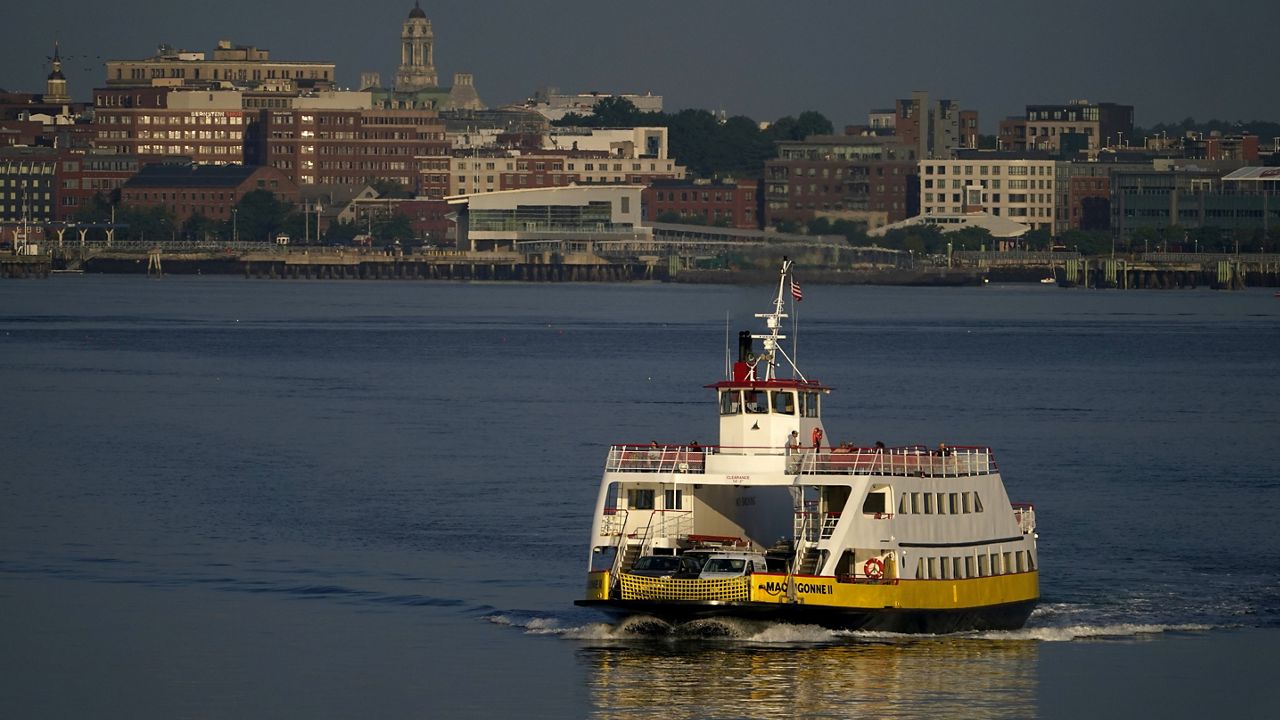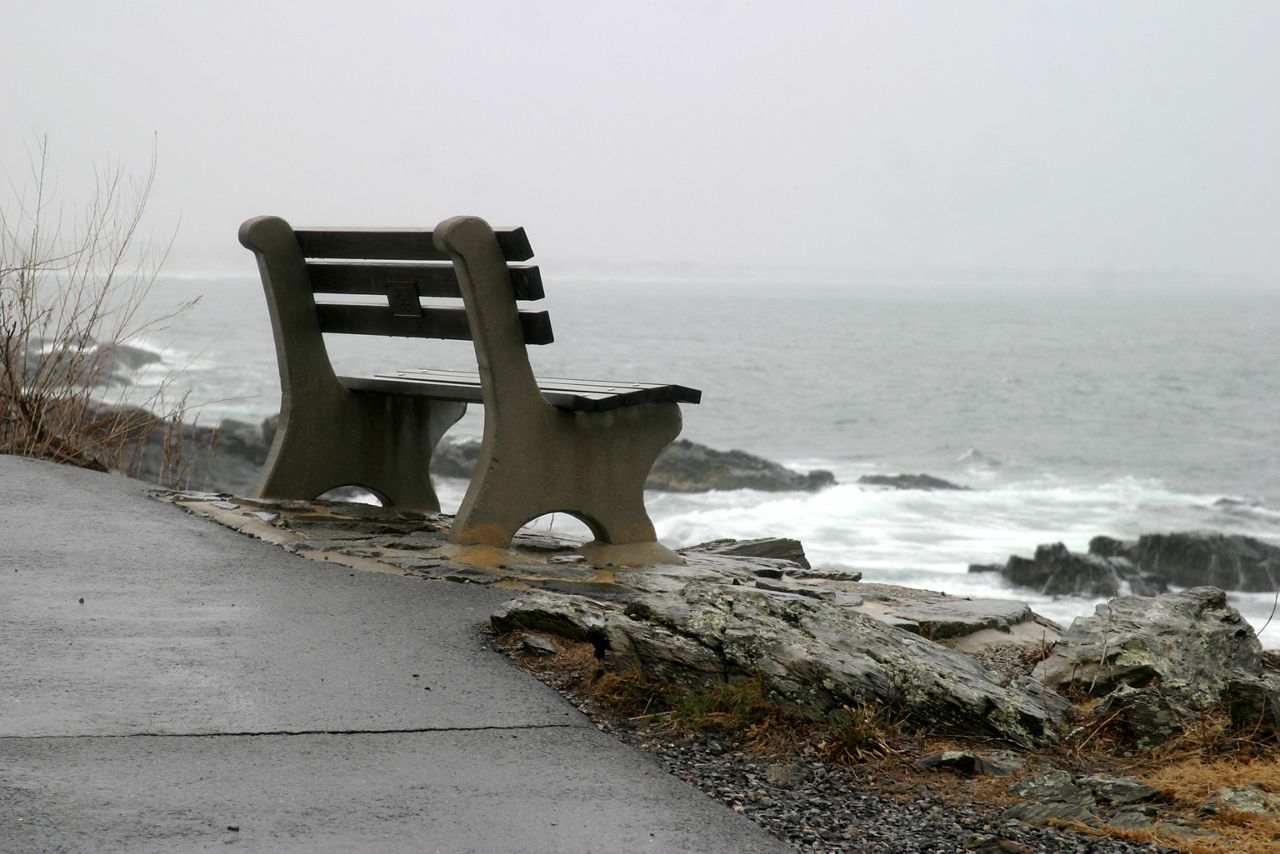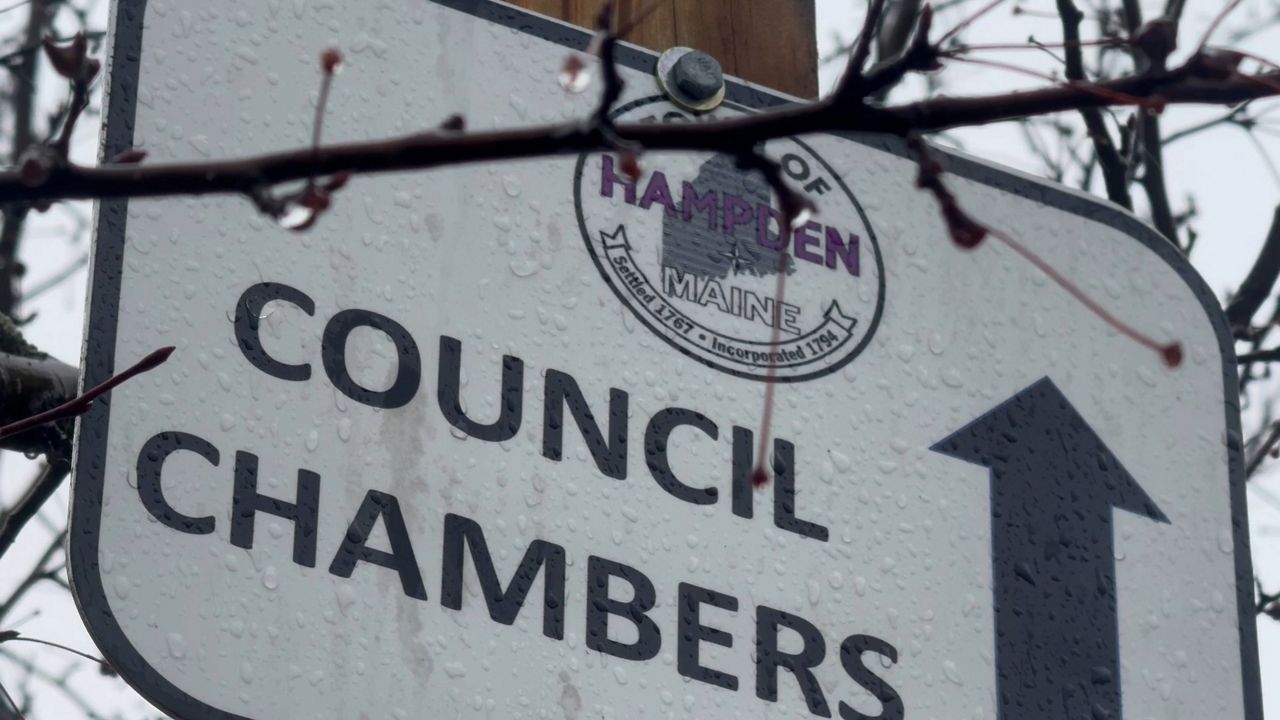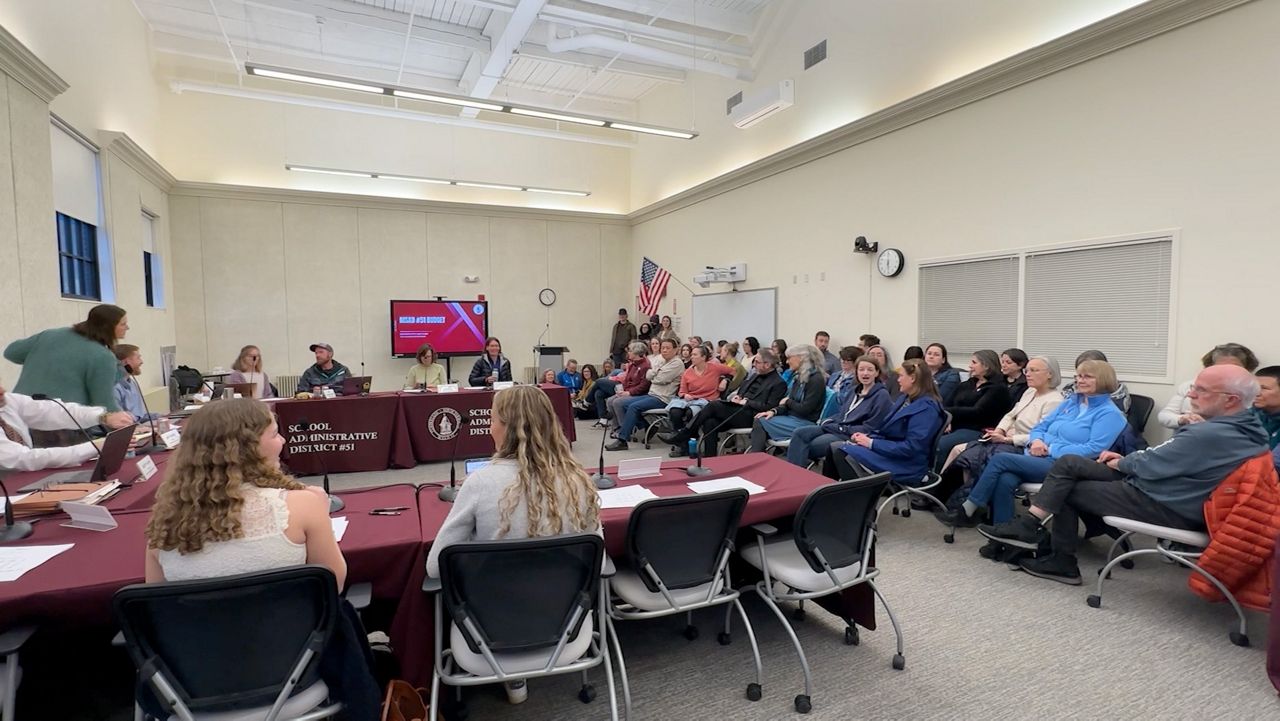Passengers who use the Casco Bay Ferry may face a big hike in fares, especially to popular destinations such as Peaks Island.
If approved, the fare hikes proposed by the Casco Bay Island Transit District would be the first increases in 15 years.
“In recent years, the magnitude of operating loss has been growing,” members of the district’s finance committee wrote in a statement on the district’s website explaining the proposal.
The ferry carries more than 1 million passengers and 35,000 vehicles to six islands in Casco Bay every year.
Right now, round-trip passenger rates vary by island, with Peaks Island being the cheapest at $7.70 for peak season and $4.40 during the off-season. The most expensive tickets are to Cliff Island, at $11.55 for peak season and $7.45 for off-season.
Under the proposal, passengers will pay a flat round-trip rate to all islands of $14 during peak season and $7.20 during the off-season.
For Peaks Island visitors, the proposal amounts to an 82% increase in the rate. The proposal also includes monthly and annual passes for island residents and non-residents who work on the islands and regularly use the ferry.
The committee, speaking on behalf of the district’s board of directors, indicated that the ferry has always operated at a net loss, usually using federal, state and local grants to break even.
But in recent years, particularly beginning in 2019, it’s been harder to make ends meet. In September 2022, the committee wrote, the board learned that the ferry’s 2023 budget projected a loss of $4.2 million. The fiscal 2024 budget showed a continued increase, with a projected loss of $4.3 million.
“Expenses have risen, including for diesel fuel and dry dock,” the committee wrote. “Islanders and visitors have been fortunate that fares have not gone up in 15 years, but this trend cannot continue.”
The proposal aims to boost revenues by more than half a million dollars. The committee first proposed the changes in March. The board of directors plans to hold a public hearing on the proposal on April 25 at 7:45 a.m.
If the board ultimately approves the proposal it will need to go before the Maine Public Utilities Commission.









